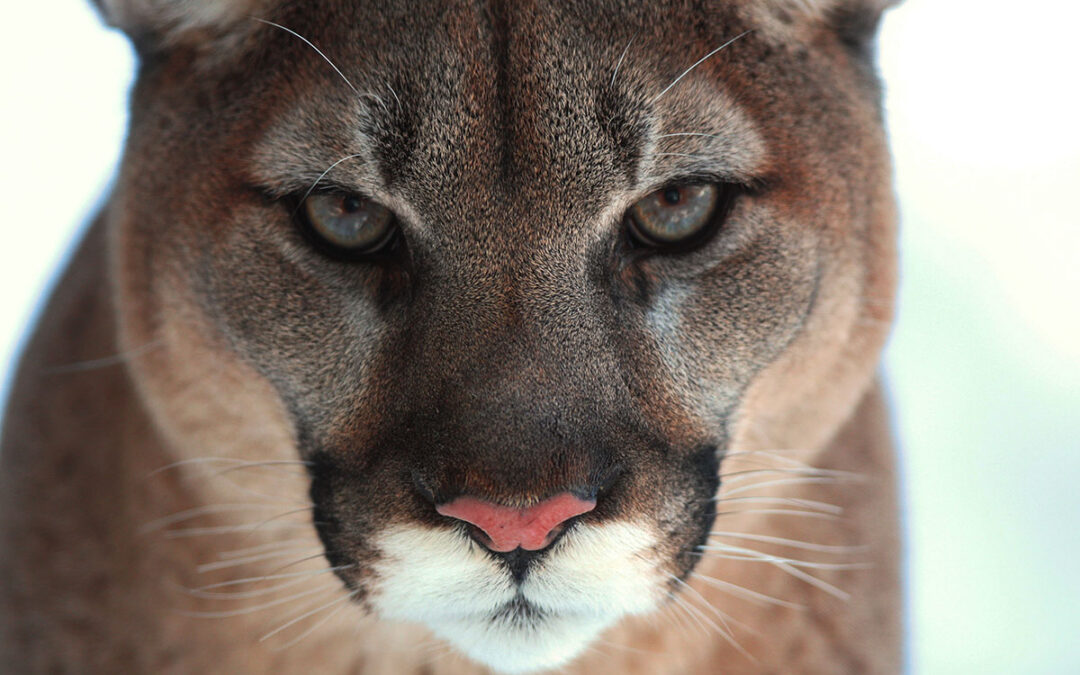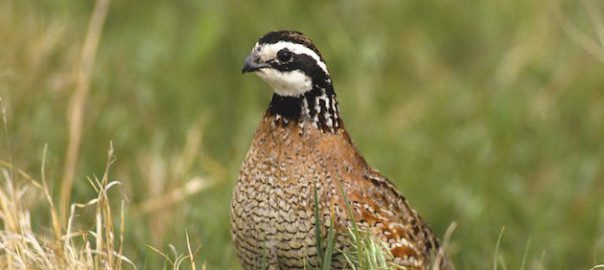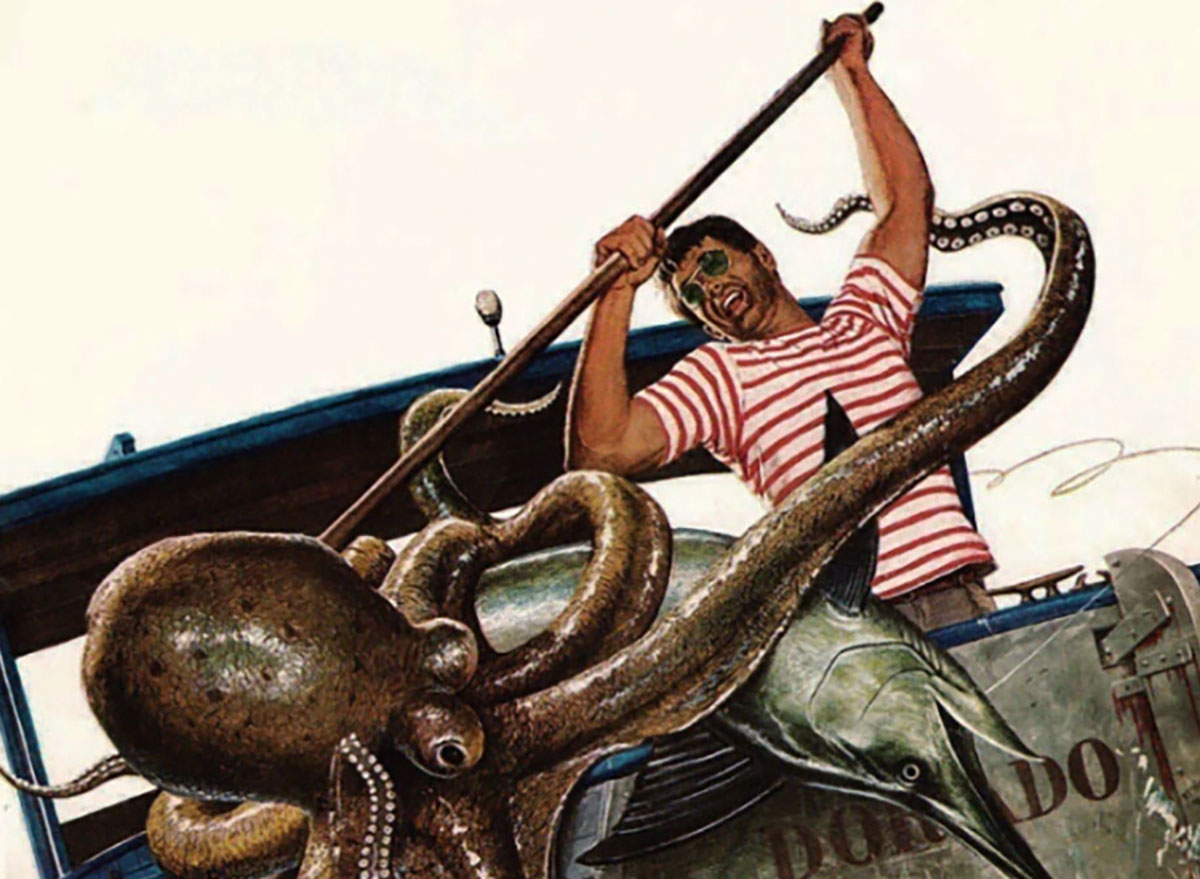And now, he realized, he also knew something about these woods and waters his father had hunted and fished — something deeply personal.
The boy was the youngest and smallest of the cousins, so at the family’s gatherings, his cousins would reluctantly let him join the afternoon football games, though only as a favor to his mother. He knew this, though no one ever said it. And it didn’t help matters that he wasn’t good at any game that involved a ball.
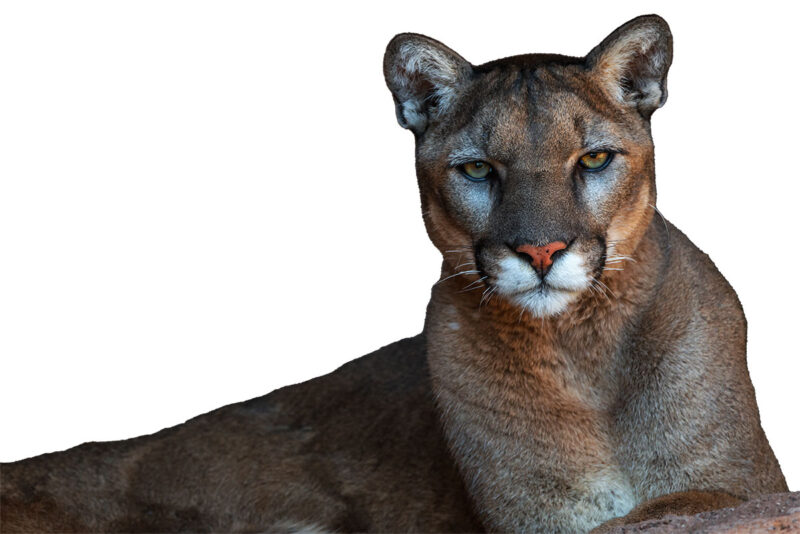 He also had to wait a while before his uncles took him on their overnight fishing trips, and even then he knew it was because his mother had asked them to. All the other cousins had brothers and sisters and fathers and mothers. He had only his mother. But what he didn’t know was how hard it was for his uncles to look at him because the older he got, the more he looked like his father, their youngest brother who had not made it back from the War.
He also had to wait a while before his uncles took him on their overnight fishing trips, and even then he knew it was because his mother had asked them to. All the other cousins had brothers and sisters and fathers and mothers. He had only his mother. But what he didn’t know was how hard it was for his uncles to look at him because the older he got, the more he looked like his father, their youngest brother who had not made it back from the War.
”The spitting image,” they’d say. His father had been killed at Normandy when the boy was six months old. His mother taught him that his dad was an American hero, one of the anonymous thousands killed as they waded onto the shores at Normandy. And yes, all of them were heroes, but the boy would spend the rest of his life longing after details — how his father had died . . . what he had been thinking the moments before his death.
So as they sat by the campfires on those summer and autumn nights when he would go fishing with his uncles and cousins in the Wind River range just north of his grandfather’s ranch, he would listen to the stories, trying to see and hear in these men who he hardly knew the father who he knew not at all.
They would be drinking and the bourbon would tell in their voices as they talked of huge trout that got away and enormous bull elk they’d seen but never killed, and nights in the woods when the cold came in sooner than expected and they goddamn near froze. But they never told stories that included his father as anything more than one of the four brothers, much in the same way that his father was one of the anonymous heroes who died on the beaches at Normandy.
His uncles’ tales did bring the woods to life, especially their stories of mountain lions. But what made these stories so fascinating to the boy was the stealth of the lions. Uncle Terry said that at any given time in the woods a lion might be watching you.
“You never know they’re there ’cause they’re loners, stalkers and they can move without making any sound. And then when you know they’re there, it’s too late ’cause they’re already on you.”
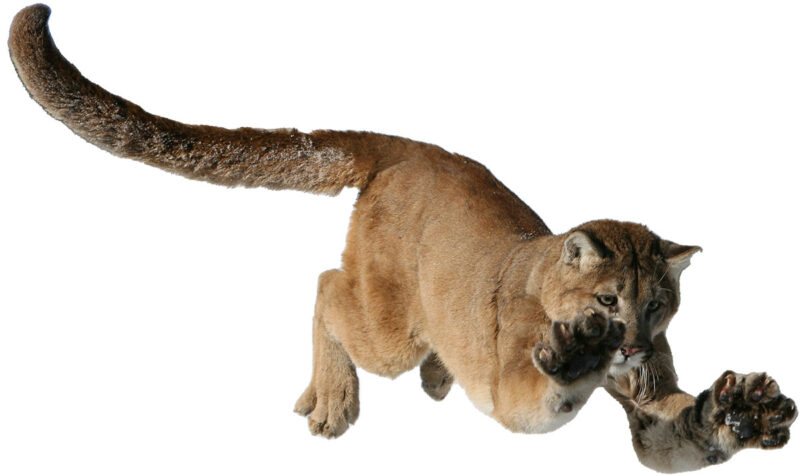 The boy looked up cougars in the encyclopedia at the school library and came to understand their mode of attack. They would pounce from behind and grab the back of your head or neck, crushing skull and vertebra so you never have the chance to fight back . . . never knew what hit you. And the boy would wonder if that was how it was with his father, if he’d been killed in mid-stride, never knowing.
The boy looked up cougars in the encyclopedia at the school library and came to understand their mode of attack. They would pounce from behind and grab the back of your head or neck, crushing skull and vertebra so you never have the chance to fight back . . . never knew what hit you. And the boy would wonder if that was how it was with his father, if he’d been killed in mid-stride, never knowing.
His Uncle Terry would snap his fingers and say about the lion attacks: “Just like that.”
And then his uncle would pause the way he always did when telling good stories and they all would listen to the hiss of the fire and the mysterious sounds riding on the night air, the wind in the leaves or the gurgling of the stream. And the boy would find himself wondering how his uncles, all three passionate woodsmen and hunters, had lasted so long in these woods. It would be later, much later, that he would learn about campfire stories and campfire bourbon and wide-eyed, gullible boys around the fire.
The stories heightened the boy’s awareness of the woods, so that his senses worked in new ways. When they would split up to pocket-fish the streams or head to a series of alpine lakes between his grandfather’s ranch and the Continental Divide, he would be watchful as he moved along the old game trails. He would make as little noise as possible, his ears and eyes alert for the creaking of branches or even strange patterns in the leaves beneath his feet. He learned to study the path ahead of him, to look left and right and up and down, and to listen as he crept along. To take nothing for granted.
Once in late September of his 15th year, on a sunny morning after a full night of stories, he was heading north from the campsite, up through a thick stand of aspens along the edge of Mount Victor. He had set out to find Shoestring Lake tucked away on the other side of the mountain ridge, where he was determined to out-fish his cousins. He’d learned that the best lakes are always the hardest to reach. His uncles and cousins were back near the campsite, fishing lakes that were lower and easier to get to. Never before had he strayed so far from camp.
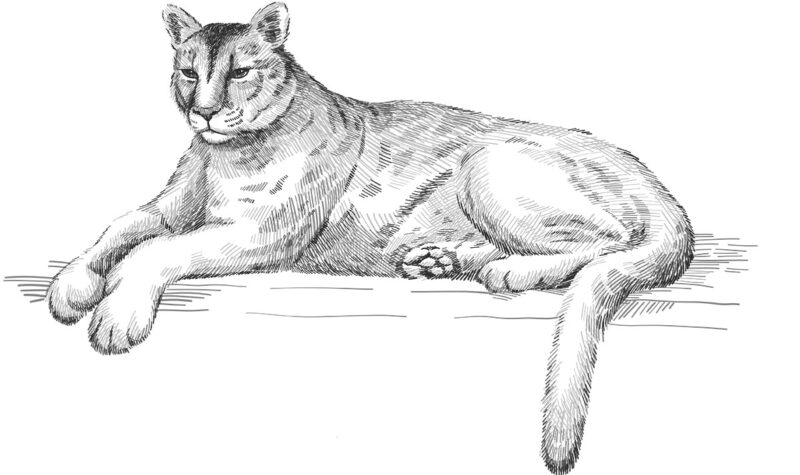
The old game trail cut a distinct line through the aspens as it meandered up the mountainside. It had been there for eons, a pathway for all that had lived on the land — man or animal, predator or prey, Indian or white.
Just as he reached the northern edge of the mountain, where the trail began to slope downward and lead eastward toward the Continental Divide, he heard something ahead of him just off the trail where it bent around the mountainside. It was moving slowly, heavily, through the leaves. He had only his fly rod, his father’s fishing vest that his mother had given him, and his small Barlow pocket knife. He stood still for a moment, his breathing short, his heart hammering. And then for some reason he did not quite understand, he started up the trail, instinctively putting the rod in his righthand and pointing it forward.
He felt intensely aware of his surroundings as he continued around the bend – the dazzling yellow color of the aspen leaves, the clear blue autumn sky, the position of the sun at ten o’clock in the eastern sky, the slight wind coming from the northeast. And then he saw the cow. An old brindled cow who was as surprised to see him as he was to see her.
They both stood there for a moment, eyeing one another, and then the cow moved off the trail as if she knew he meant nothing but trouble.
That night he told the story of his encounter around the campfire so his uncles and his cousins would know how far he had walked and climbed, and how he had fought back fear to go around that bend.
But no one said anything when he finished; nothing about lions or bears or how far he’d gone from the rest of them. And Shoestring Lake had been a bust, so he didn’t have a single fish to prove anything.
By the time he was 17 he was routinely leaving the group to fish his own ground. That fall his uncles and cousins had dared one another to fish only the highest alpine lakes. After a full day of fishing, he was on the way down, following a creek that dropped about 30 feet to one side of his trail. There were several large pools around some boulders and he knew there would be trout there — large trout, trout that brought bragging rights. So he left the others, telling them he would catch up. First he climbed and then slid down the ridge to the edge of the creek.
As he positioned himself to cast, he noticed the stillness in the air, the darkness. He realized that in this secluded hole he had no escape — that on his way down he had kept his eyes only on the water and the ground beneath him, thinking of the trout.
The lion was above him, on a rock jutting out from the side of the mountain, just up and over the route he’d taken down to the stream. He saw the buff color of its flanks, the crouched form of its body, and there in the dark of the shaded slope, the glint of its eyes that watched him.
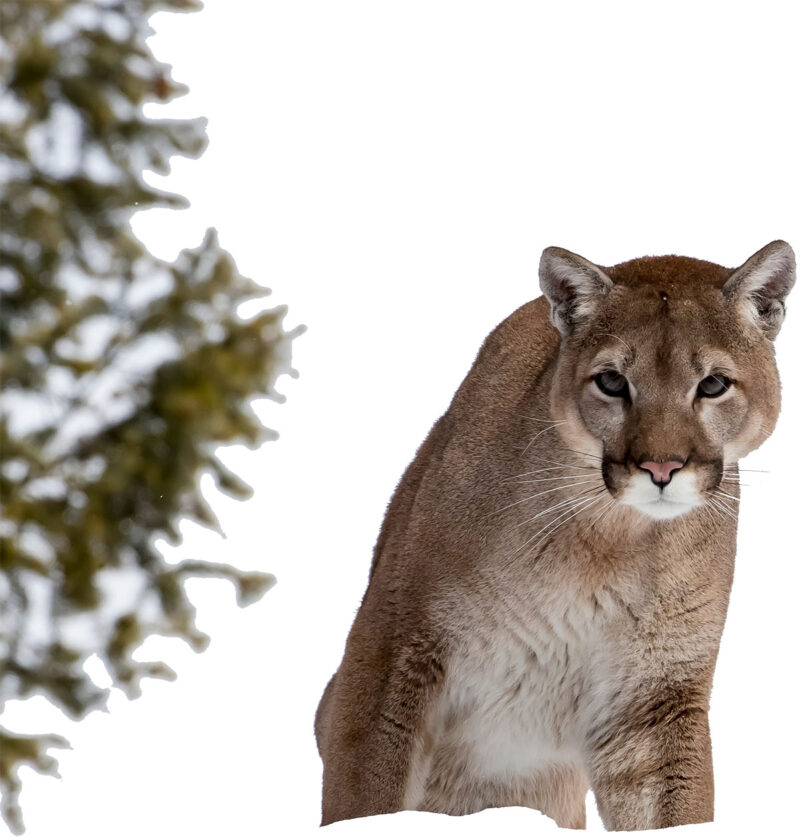 Once again he tasted the fear — a metallic taste that caused him to swallow just before his mouth went dry. And then he felt the panic surge through his body like an electric current, causing his hands to tremble. But there was nowhere to go, so he did the only thing he could: he waited.
Once again he tasted the fear — a metallic taste that caused him to swallow just before his mouth went dry. And then he felt the panic surge through his body like an electric current, causing his hands to tremble. But there was nowhere to go, so he did the only thing he could: he waited.
He couldn’t remember how long it lasted. He only knew that at some point the lion moved off, climbing the ridge and disappearing into the brush over the ledge where he and his uncles and cousins had walked less than a hour before. The lion’s agility and how it moved without making a sound made his throat catch.
All the way back to camp he practiced his story, but that night, sitting with his uncles and cousins around the fire, he said nothing. He would never know what made the lion watch him, to stare directly into his own eyes, any more than he would know what his father was thinking just before he was killed. But he knew how fear tasted, and in some way that he could never explain with words, he knew something about his father — not the hero, but the flesh and bone man who had died so young and so far from home.
And now, he realized, he also knew something about these woods and waters his father had hunted and fished — something deeply personal. Again, it was something that he could not find the right words for — a dark wariness that civilization had bred into him a soft, fat complacency, an arrogance. It was that which made him slide down into that hole, looking neither left nor right and thinking only of trout and bragging rights, as if that ridge and creek and mountain were his alone.
Somehow, some way, his father had learned that too, and had lived on, at least for a little while, having left that complacency behind. Understanding yes, he must have understood — the precarious balance of each moment in a dangerous world. Yes, in some strange way, his father had left something for him — not in words or even stories, but in the woods.
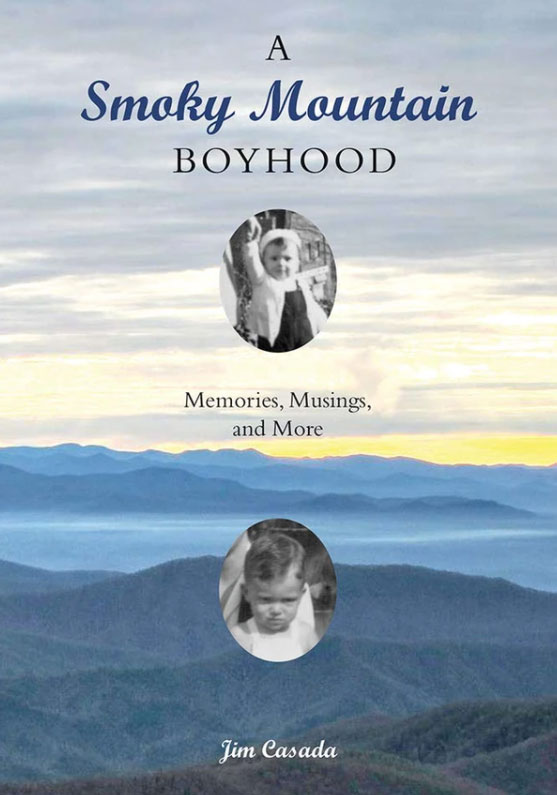 Born in Bryson City, North Carolina, Jim Casada has had a long career as a teacher, author, and avid outdoorsman. He grew up in a time and place where families depended on the land and their community to survive. Many of the Smoky Mountain customs and practices that Casada reflects on are gradually disappearing or have vanished from our collective memories.
Born in Bryson City, North Carolina, Jim Casada has had a long career as a teacher, author, and avid outdoorsman. He grew up in a time and place where families depended on the land and their community to survive. Many of the Smoky Mountain customs and practices that Casada reflects on are gradually disappearing or have vanished from our collective memories.
In A Smoky Mountain Boyhood, Casada pairs his gift for storytelling and his training as a historian to produce a highly readable memoir of mountain life in East Tennessee and western North Carolina. His stories evoke a strong sense of place and reflect richly on the traits that make the people of Southern Appalachia a unique American demographic. Casada discusses traditional folkways; hunting, growing, preparing, and eating wide varieties of food available in the mountain region; and the overall fabric of mountain life. Divided into four main sections—High Country Holiday Tales and Traditions; Seasons of the Smokies; Tools, Toys, and Boyhood Treasures; and Precious Memories—each part reflects on a unique and memorable coming-of-age in the Smokies. Buy Now

